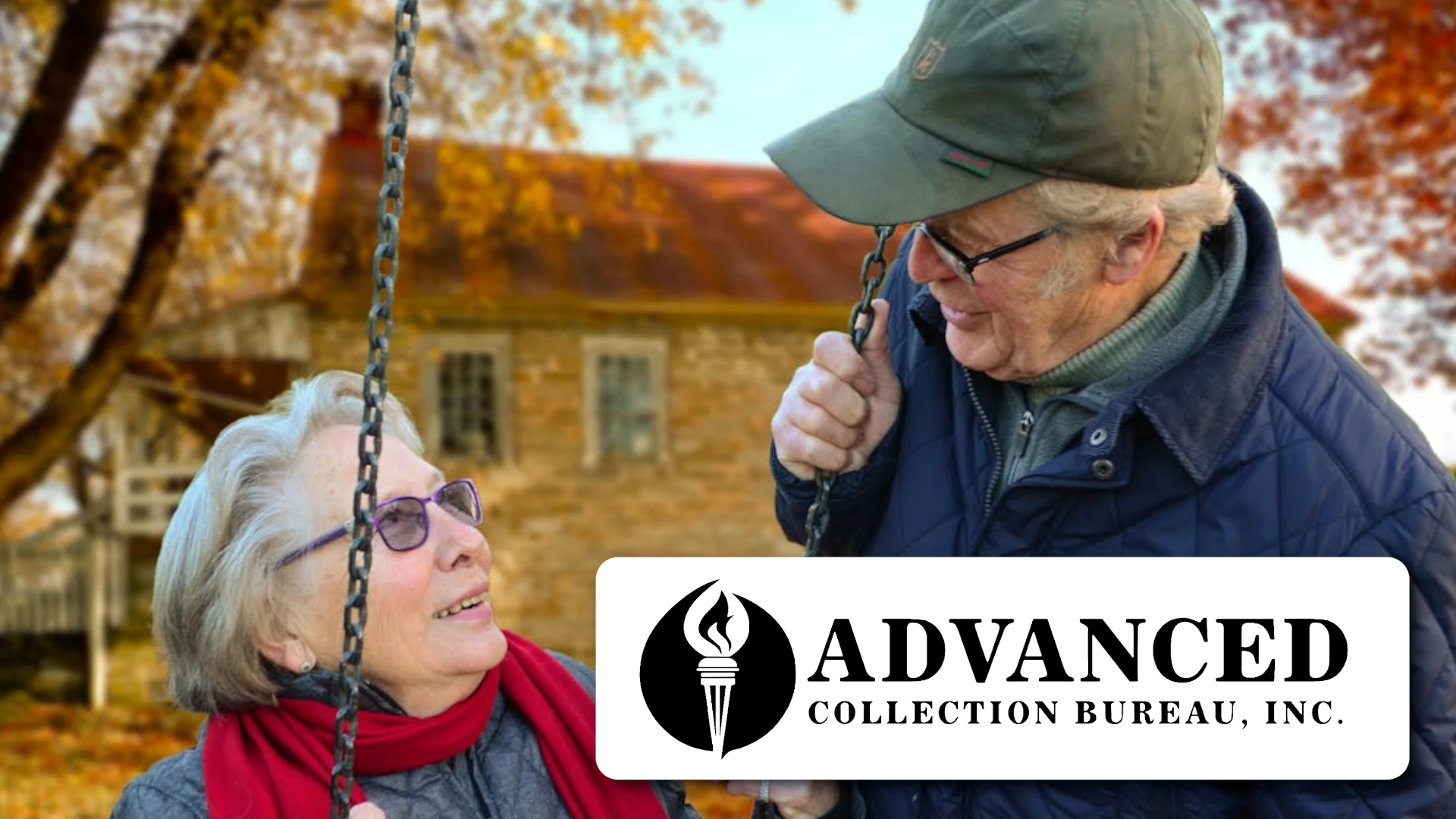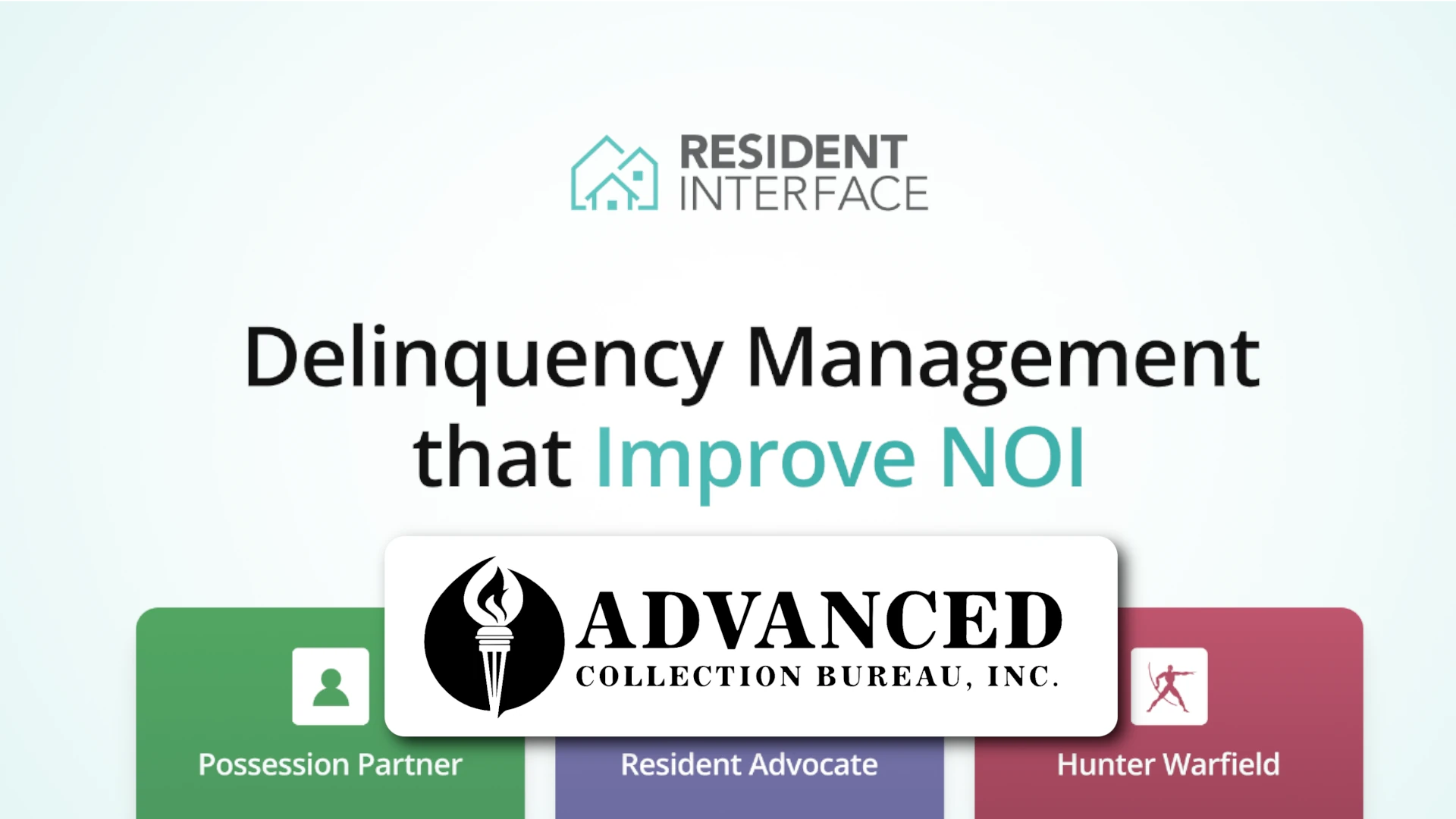Collecting overdue balances in senior housing communities presents a unique set of challenges. Unlike standard residential debt recovery, these situations often involve more sensitive legal, ethical, and emotional considerations. Whether you’re a property manager at an assisted living facility or an administrator at a senior care community, it’s crucial to approach debt collection with care and compliance in mind.
With increasing demand for senior living and rising costs of care, communities are under more financial pressure than ever. Unpaid rent or service fees can quickly add up, threatening your facility’s ability to provide quality care. But while the need to recover debt is legitimate, it must be done in a way that respects the rights of elderly residents and aligns with the laws that protect them.
Understanding the Legal Framework Around Elderly Debt
Debt collection in senior housing is governed not just by state collection laws but also by federal regulations like the Fair Debt Collection Practices Act (FDCPA), the Americans with Disabilities Act (ADA), and sometimes even Medicaid or HIPAA laws.
Many elderly residents may also have limited cognitive ability or be under the guardianship of a family member or legal representative. Trying to collect directly from the resident without understanding their legal status could violate privacy laws or create legal liabilities.
To dive deeper into the FDCPA’s role in elder debt recovery, we recommend reviewing The Fair Debt Collection Practices Act: Key Protections.
Ensure You’re Communicating with the Right Party
Before beginning collection efforts, verify whether the resident has a power of attorney, court-appointed guardian, or financial conservator. If so, you must direct all communication to that individual. Contacting the senior directly could be seen as harassment or even a legal violation if they are not legally responsible for making decisions.
Also, make sure your records include updated contact information for family members or responsible parties. Maintaining clear documentation and signed agreements at the time of move-in can make debt recovery far easier if issues arise later.
Be Mindful of Medicaid and Government-Funded Programs
If a senior resident is receiving Medicaid benefits or other government aid, their financial obligations and your collection options may be more limited. In some cases, trying to collect on a balance that should be covered by Medicaid may violate federal regulations.
Always confirm whether the charges in question are the resident’s responsibility or if they fall under a covered service. When in doubt, seek legal advice or refer to government billing guidance. For more on how debt recovery intersects with government regulations, our blog on Medicaid Debt Collection offers a helpful breakdown.
Train Your Staff to Handle Sensitive Interactions
Collection conversations with elderly residents require a thoughtful, respectful tone. These conversations often happen at a time when residents are facing health issues, reduced income, or family stress. Staff should be trained not just in compliance but in compassion.
Your team should know what phrases to avoid, how to recognize signs of mental decline, and when to escalate a situation to a legal or financial representative. For facilities that partner with outside agencies, choose a partner who aligns with your values and understands the nuances of elder care debt.
One valuable resource is our article on The Role of Emotional Intelligence in Effective Debt Collection, which explores how soft skills can make a measurable difference in outcomes.
Document Everything from Day One
Successful debt collection in senior housing begins long before a balance goes unpaid. From lease agreements and move-in paperwork to notices and billing statements, every piece of documentation builds the foundation for legal, ethical recovery later.
Make sure lease contracts clearly spell out payment obligations, service charges, and late fees. All changes in payment arrangements or guardianship should be recorded in writing. This creates a solid paper trail if you ever need to involve a collection agency or pursue legal action.
To reinforce your documentation practices, explore our post on The Importance of Maintaining Comprehensive Tenant Records for Debt Recovery.
How a Professional Collection Partner Can Help
Debt collection in senior housing isn’t just about getting paid. It’s about preserving relationships, protecting your community’s reputation, and remaining legally compliant. That’s why many senior living providers choose to partner with agencies that specialize in healthcare and elder debt recovery.
At Advanced Collection Bureau (ACB), we’re deeply familiar with the delicate nature of senior living collections. Our agents are trained to handle sensitive cases with professionalism and empathy. We also provide skip tracing services, credit reporting, and full legal compliance to ensure you're recovering funds while protecting your residents.
Our contingency-based model means you don’t pay unless we collect—and we never charge hidden fees. With over 25 years of experience and a 100 percent U.S.-based team, we’ve become a trusted partner for senior housing providers across the country.
Final Thoughts
Collecting debts in senior housing requires more than just a solid policy—it requires compassion, legal knowledge, and a commitment to ethical practices. While unpaid balances can threaten your community’s bottom line, a respectful and compliant collection approach protects both your financial health and your residents’ dignity.
If you're navigating these challenges and looking for a partner who understands the unique nature of senior housing, Advanced Collection Bureau is here to help. Let’s work together to recover what’s owed, the right way.














